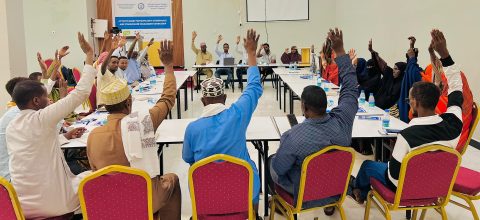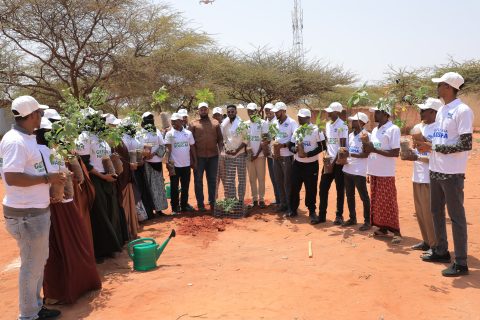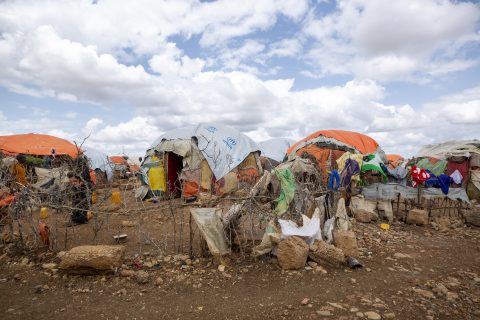The path of learning leads toward the future
Somalia, located in the Horn of Africa, is one of the countries with the highest number of school dropouts in the world. What are the reasons for this, and what can be done to solve the problem?
Text: Ulriikka Myöhänen
Photos: Antti Yrjönen
IN SOMALIA, 3.6–5 million school-aged children and young people do not attend school. The reason for this is chronic poverty, which prevents parents from sending their children to school.
The difficult situation is caused by decades of conflict and political instability in Somalia. The situation is further complicated by extreme weather events, which have caused people to suffer from catastrophic droughts and devastating floods. The effects are particularly evident in the densely populated Bay region in the southwestern part of the country.
“Our biggest challenge in education is that we have a larger population than many other regions,” says Sahra Osman Ahmed, who recently took office as Minister of Education in the southwestern state of Somalia.
“Many people flee to Baidoa because of insecurity, drought, flooding, or hunger. We don’t have enough housing, schools, or other basic services,” the Minister of Education continues.
Refugees are everywhere in the city of Baidoa. Almost every corner has a refugee camp with endless rows of dome-roofed huts, dwellings built by the refugees themselves.
Free schools have been established near the camps, which are bursting with students. Ali Iidow Abukar is the vice principal of one such school. He says that the school has been working with Finn Church Aid since 2018: classrooms were built with support from the Ministry of Foreign Affairs, and the school now receives EU funding.
The school has approximately 2,500 students, including more than 400 children and young people with disabilities, who are taught using methods such as sign language. Deputy headmaster Abukari says there is a positive atmosphere at the school, but there are also plenty of challenges.
Many students live far away in villages, and the school does not have the funds to arrange school transportation. The school operates in two shifts, but there are still not enough classrooms. The school also needs a library, safe facilities for girls, and more special education teachers.
“There are deaf students at the school, and we couldn’t find a qualified teacher for them in Baidoa. In the end, a teacher came from Kenya,” Abukar explains.
Many 6- and 7-year-olds leave for school so early that they don’t have time to eat breakfast. The children don’t eat their first meal of the day until they return home from school in the afternoon.
“We had school meals from 2021 to 2023, but the project ended. Back then, schoolchildren really enjoyed going to school. They still do, but they are also hungry,” Abukar explains.
There are also children living in a camp near the school who do not attend school despite the short distance to it. In Baidoa, everyone has to struggle to ensure that their family has enough to eat for even one meal a day. That is why children polish shoes, work on farms, or simply beg on street corners instead of studying.
Minister of Education Sahra Osman Ahmed says that there are also empty schools in Baidoa where aid projects have ended. She is concerned about how the new US administration has cut international aid.
“If we start new projects, we need to have plans for years ahead. We can’t just keep the school open for a short while and then say, ‘That’s it, the school is closed,’” the Minister of Education states.
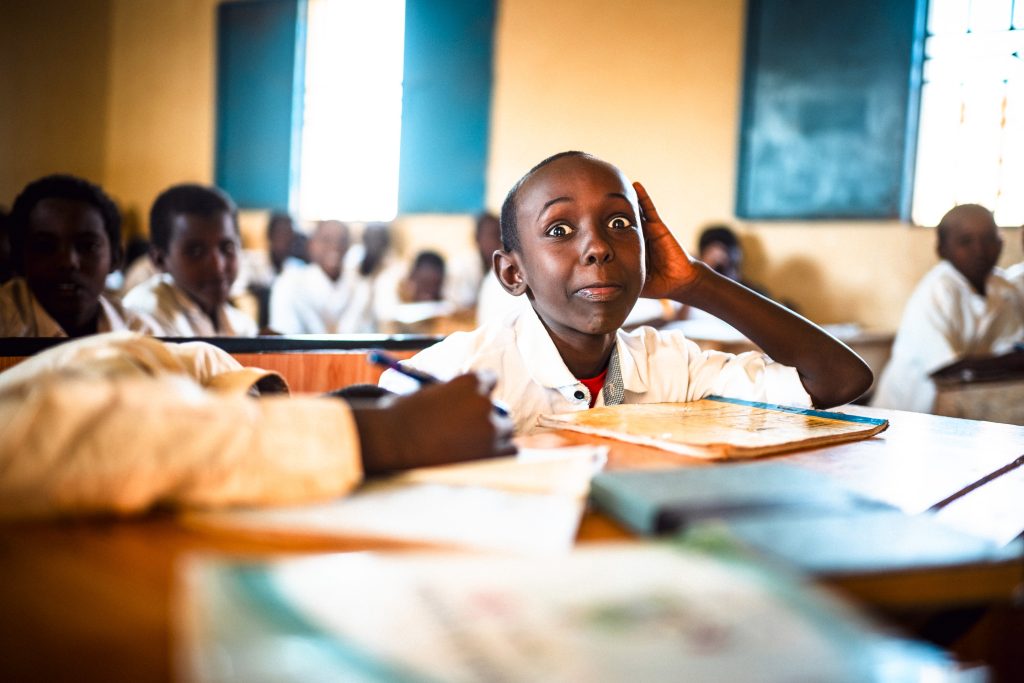
What does education mean to you?
“Ignorance is the enemy of life. When we learn new skills, we don’t become street children. With an education, I can get a job and support my own parents. When I grow up, I can also support my own children. At school, I meet my classmates. We play soccer together.”
Adam Nishow Hassan, 12, schoolboy, Baidoa, Somalia
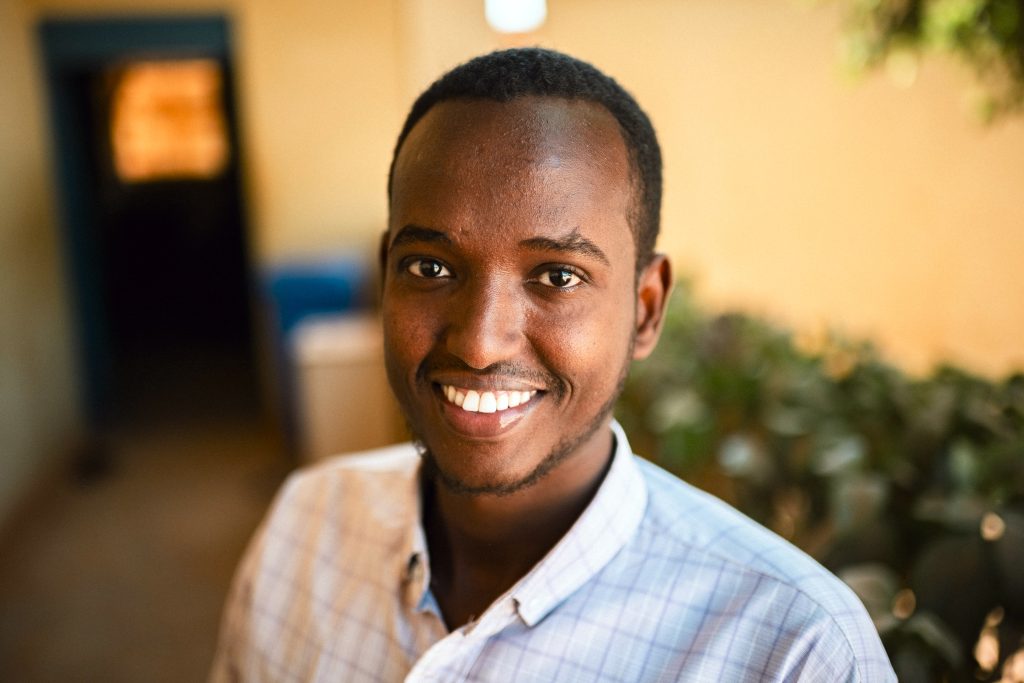
“Education is the key to life, everyone knows that! If you are educated, you can do all kinds of things for your family and community. If you don’t have skills, you are nothing. Every day, I encourage my students to study. In the end, they will benefit from it.”
Abdullahi Mohamed Ahmed, English teacher, Baidoa, Somalia
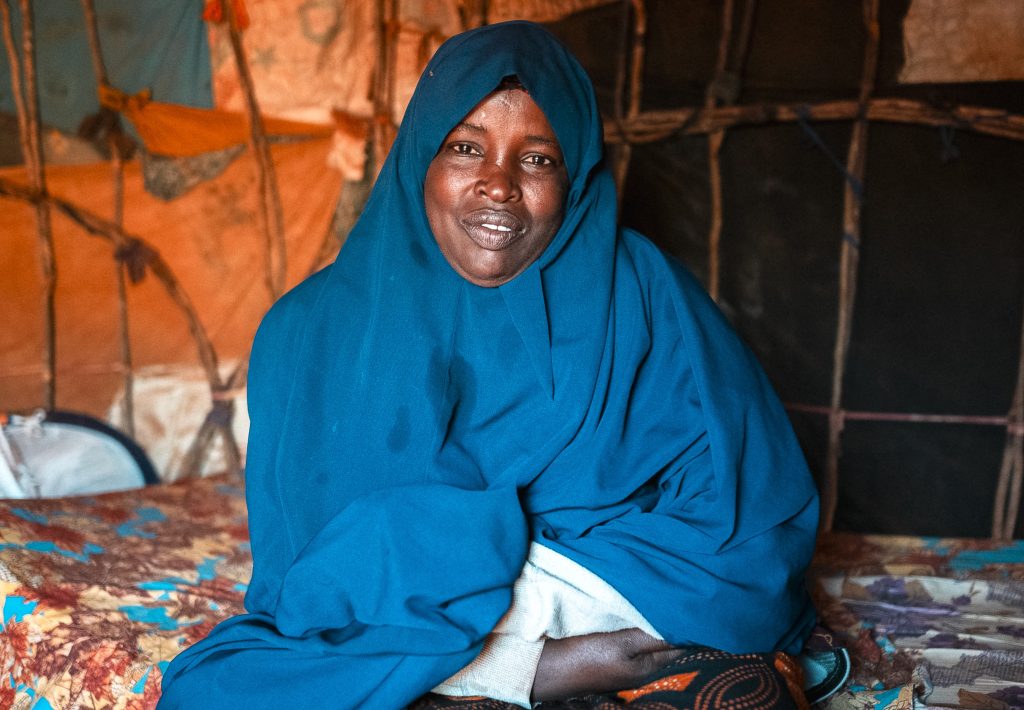
“As a mother of seven children, I believe that educated and uneducated people are completely different. I never had the opportunity to go to school, so I try to give my children that opportunity. I can’t afford school fees, but luckily the schools supported by organizations here are free. I send my children to school so that they can have a better future.”
Amino Adam Abdi, mother living in a refugee camp, Baidoa, Somalia
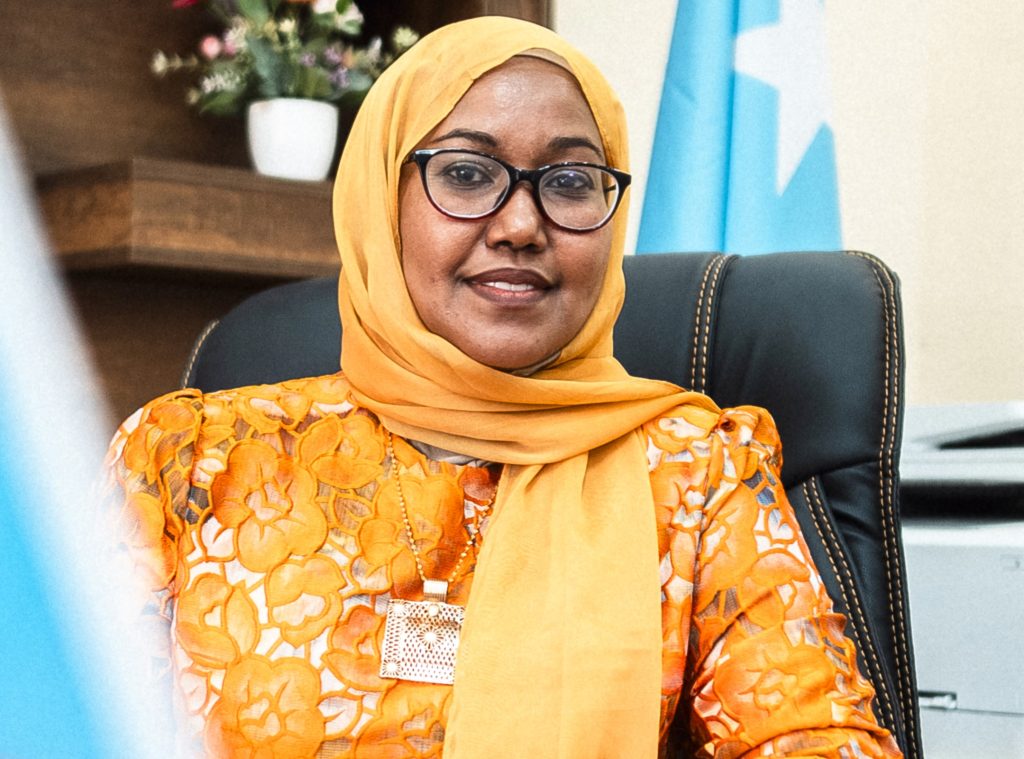
“I am the first woman to serve as Minister of Education in the southwestern state of Somalia. This indicates that we are making progress. I believe that our mothers are our first teachers. When we educate mothers and young girls, future generations will also be educated. Anyone who is illiterate and uninformed is lost. Through education, we can get rid of crime and other problems in the city.”
Sahra Osman Ahmed, Minister of Education, Southwestern State, Somalia
